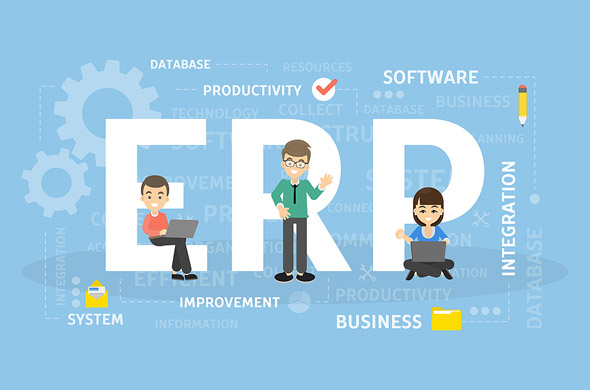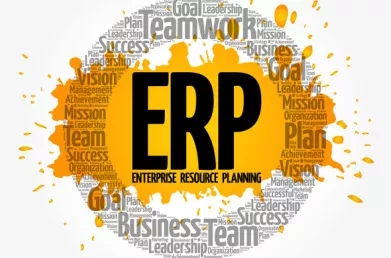ERP System Demonstrations
The system demonstration is a critical element in a structured ERP system selection process. What are the main questions you should be looking to answer?
Prospective ERP buyers should use the system demonstration element of the selection process to answer three questions:
- Does the system meet my functional requirements?
- Is the system going to be easy to use?
- Can I work with these people?
Let’s take these questions one at a time:
1. Does the system meet my functional requirements?
If you’re using a structured ERP system selection process (such as Lumenia's) then it is likely that the systems being demonstrated will meet a high percentage of your requirements “out of the box” and are already in use in similar businesses and your industry sector. The demo gets you down to the next level of detail: you’re asking the vendor to show you how their system meets the specific functional requirements of your business.
The critical component is to create a test script outlining the scenarios you want to see demonstrated. It is also highly beneficial to provide the vendor with sample data from your business that can be transacted throughout the script. This will help tailor the demo to your business and allow a much more thorough understanding to be developed by both parties. Focussing in on your key processes and differentiators will enable you to identify any gaps between what’s being offered and what you really need.
Ensure that the vendor performs the test script in the system itself, so you can see the transactions taking place first hand. While screen shots embedded within a PowerPoint presentation can be useful and might allow more material to be covered, it’s not possible to judge accurately if the transactions really meet your requirements.
Ask those making the selection decision to score each scenario of the test script and provide feedback/comments. This will make your judgement quantitative (as opposed to making a qualitative choice) and will help identify areas of concern to discuss further with the vendor. You may also find that members of the selection team observed something that they particularly liked or disliked that is worthy of further discussion.
Ideally, you will have multiple vendors execute the same script. This approach will allow “like-with-like” comparisons to help justify the decision of preferred vendor.

2. Is the ERP system going to be easy to use?
Although time is of the essence during the demo, it is still important to form an impression about how the system deals with the standard tasks that make up the majority of a user’s daily workload. The more intuitive a system is to use, the more likely that user adoption rates will be high. Conversely, a system which requires users to spend twice as long performing their duties is unlikely to be welcomed into the business. Many organisations have learnt the hard way that no matter how good the functional fit, issues with ease of use and user adoption can see a system implementation falter or fail.
Most modern systems include features which enable productivity gains, such as automated workflows, mobile apps and integration with Microsoft Office. Make sure to allow enough time during the demo to get an understanding of how these features can benefit your business. It’s also worth ensuring that these are positioned within the project team as positive steps to enable business growth – the last thing you want people worrying that the new ERP system will drive workforce reductions.
3. Can I work with these people?
You’re going to be spending a lot of time with the vendor’s sales team and consultants during the demos. This allows you to pick up on a lot of softer information, such as:
- How much do they know about my industry sector?
- Have they encountered my issues elsewhere, and helped other clients deal with them?
- Are the consultants knowledgeable about the product, and able to answer unscripted questions?
- Have the consultants shown the level of professionalism I’d expect by being well prepared for the demo and punctual?
- How will the vendor be perceived within my organisation?
- Is their business culture likely to clash with mine?
- On a personal level, do I think I can work with these people for the duration of the project?
In conclusion, a successful demo should leave you with clear answers to these three questions, leaving you in a good position to use what you’ve learned as part of your decision on a preferred ERP vendor.
This blog was written by John Donagher, Principal Consultant at Lumenia. If you would like further information on ERP System Selection or on any other aspect of ERP please send an e-mail to John Donagher.


